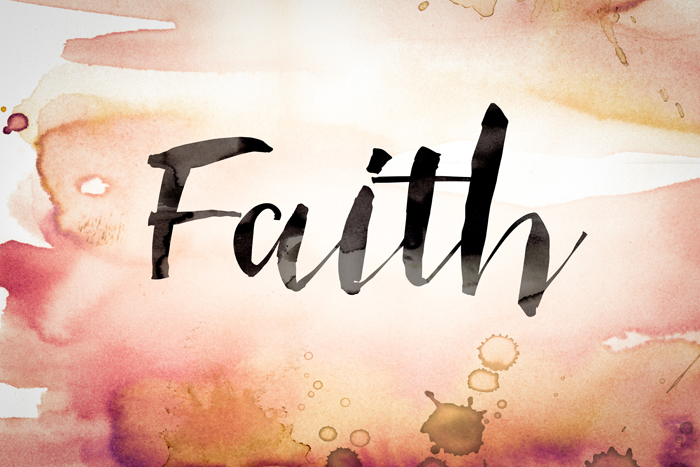Written by: Alexa Bailey, MSW, LCSW
Wondering what you believe is a valid part of growing up. Each of us go through different experiences and try to figure out ways to cope with this. For many of us, we’ve grown up with different faith, spiritual, or philosophical views that attempt to help us with coping. Most of the time, we are shaped in our views by what our family believes or follows. This is normal and is a typical experience for the average person. In navigating life, with all of its complexities, it’s normal to question and wonder what your own faith tradition or spiritual tradition, or lack thereof, means to you now in this part of life.
Just as there are stages of development for knowledge and behavior, there also stages of faith development. Many different people have ideas about this, but one theory in particular was explained by psychologist and theologian James Fowler, who came up with an idea about a six-stage theory of faith development. Those stages are:
Stage 1: intuitive-projective faith (faith based on images and stories)
Stage 2: mythic literal faith (mostly limited to concrete or black and white thinking)
Stage 3: synthetic – conventional faith (more of a commitment to religious/spiritual leaders and organizations)
Stage 4: individuative – reflective faith (a focus on personal faith)
Stage 5: conjunctive faith (awareness of other perspectives)
Stage 6: universalizing faith (the transforming process/making peace with confusion)
Each of these stages explain things in depth, but for our purposes, we will focus on stage three, synthetic – conventional faith, and stage four, individuative – reflective faith. Stage three is where people ages 12 to 18 tend to fall. This is the time when we’re trying to figure out what we feel, what our religious or spiritual identity might be, and how we attempt to challenge or ignore things that maybe threaten our faith identity too much. This falls in line with the developmental stage of behavior for teenage years when we are trying to figure out what makes sense according to our own thinking. What this stage means is that we are analyzing our own experiences to understand how it fits into how we view the world. And sometimes, it might feel like things don’t fit. It doesn’t mean you doing anything wrong; in fact, it means you are developing critical thinking and coming to understand how you make sense of what feels right to you.
Looking at what we feel ourselves versus only listening to what other people tell us means challenging the thinking trap of “all or nothing thinking”. All or nothing thoughts attempt to make everything either all right or all wrong, but the reality is that the world is a lot more nuanced than that, a lot more complex. And when navigating what your own belief is, sometimes you might have to question in order to figure out what feels right. That’s what takes us into stage four, the place that we typically, are in our early adulthood into our 30s or 40s. It’s a stage where we struggle to take individual responsibility for our beliefs and feelings, and we see that beliefs can be very complex. It’s also a time of finding a greater sense of open-mindedness and understanding that sometimes our opinions and our beliefs can feel like conflicts. And it’s about learning to sit in that conflict and discomfort, even if it feels like there’s not an answer.
Knowing these stages can be helpful to normalize what we experience. When you feel like faith is becoming hard or you have questions, it can be very helpful to talk to people who you trust but also to allow yourself to sit with your own questions and ask yourself what you think on your own. Being able to come up with our own thoughts and perspective can be a powerful part of exploring faith and understanding faith dilemmas, because we do have good inner wisdom, we just sometimes have a hard time remembering to trust ourselves. So, when you find yourself going through this experience of navigating faith, deconstructing faith, building faith, and everything in between, allow yourself a lot of time, grace, and space to go slow. You don’t have to have all of the answers. And in fact, part of healthy faith development means acknowledging that we won’t have all of the answers, and that’s okay. It’s okay to be curious and it’s okay to wonder, remember that that is a healthy and normal part of becoming a person.
***********************************************************************************************************
Alexa Bailey is a Licensed Clinical Social Worker (LCSW), who works in private practice providing therapeutic services at Evolve Counseling. She has experience treating several different populations and areas, including trauma, anxiety, depression, relational challenges, and life transitions with both young adults/adolescents and adults. Alexa is a big advocate of self-care and creating whole personal wellness through positive change and healthy habits.

